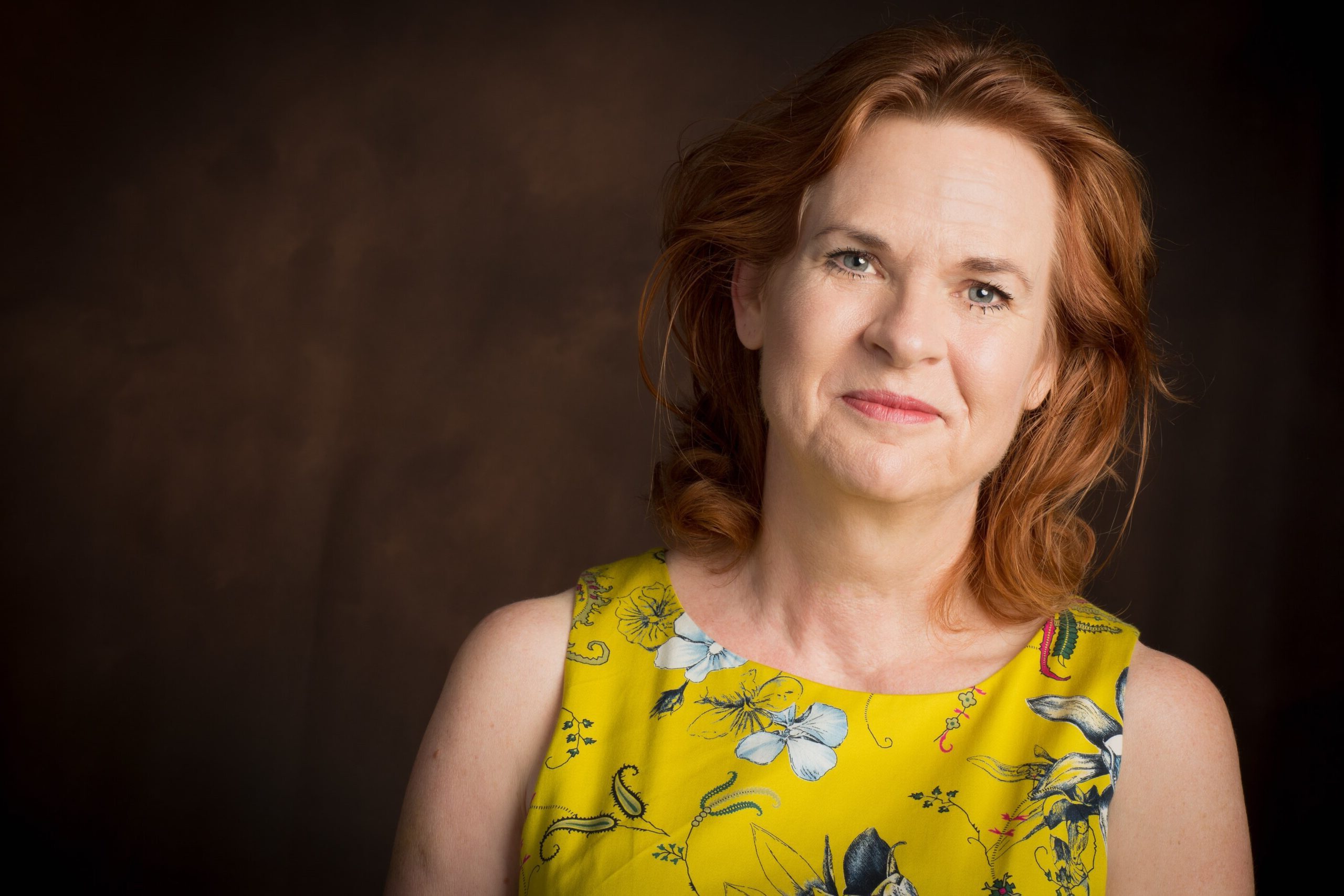Many years ago, sadly, I was very adept at being caught up in unpleasant conflicts – and it was a mystery to me how I got there!
After one particularly stupid experience I decided this must end.
And so, my passion was ignited for untangling what really works to end conflict from what we all do badly by habit and ignorance. We don’t have many opportunities to learn how to take responsibility for managing relationship conflicts. We learn about conflict in early life, with our parents, in our families. Many parents are uninformed about how to productively and safely argue and fight (the 50% divorce rate clearly demonstrates this).
We are therefore stuck with some very bad habits and philosophies, and too often fear and trauma related to un-managed conflicts that we then carry into our workplaces and the community.
I wanted to share the research and evidence-based information I studied from renowned thinkers and practitioners in psychology, resilience, mediation, negotiation, and relationship skills, as widely as I could.
So, I developed The Conflict Confidence Method to simplify the crucial skills needed to lead sensitive conflict conversations based on the wisdom and science of successful conflict resolution habits. Inspired by my earlier learn-by-mistake approach, I knew we need more awareness to manage the history of distress in conflict. The Conflict Confidence© Method will help you understand the dynamics of complex or gridlocked disagreements.
Most people don’t like conflict (thank goodness) and people who do like conflict can be exhausting and dangerous. Bill Eddy, founder of the High Conflict institute, estimates such people make up 10% of the population, so The Conflict Confidence Method teaches you to deal successfully with these difficult and demanding people.
First Principals: Confidence is a skill, not an emotion.
A common misconception is that confidence is an emotion. We do usually say, “I feel confident”, but this is misnomer. Confidence is not an absence of fear, worry or stress. It’s not being cool, slick, or Bruce Willis in Die Hard #17.
Accurately defined, Confidence is the ability to predict with reasonable certainty the outcomes of your actions.
By this definition, you may be surprised to learn there is both positive and negative confidence, so let’s break down the components of this definition:
- Predict What you know about the state of play and what to expect
- Accuracy The patterns you look for based on knowledge and evidence
- Outcomes Clearly defined results based on your priorities and goals
- Actions How you behave and manage your emotions to appropriately put your plans in place.
What is Negative Conflict Confidence©?
How many times have you heard someone say, “I will do anything to avoid conflict”? Indeed, so many people try to avoid conflicts that they end up doing a whole bunch of ‘anything’; comments, text messages, and actions that are never likely to resolve relationship tensions, whether at work or at home.
Despite proof that we can make situations worse with our best intentions but misguided actions, we look past our faults and assume the other person has misguided intentions and deliberate actions to hurt us.
We repeat certain behaviors that clearly don’t work to solve our problems, and then blame the other person for getting it wrong with us. I’ve observed countless examples of people repeating actions that they can predict will not work in a conflict situation, and they have more than adequate evidence of the conflict escalating after they act. But irrationally, we are more likely to blame the other person for not getting it right with us, and therefore they have ‘caused’ the problem, or are ‘responsible’ for our choices about our behaviors.
Off we go, starting a sentence with:
• “I know this is the wrong thing to say, but…”,
• “I know you won’t like this, but …”
• “You’re always (insert criticism) and that’s why (more criticism)…”,
Negative Conflict Confidence© is therefore:
Predicting failure, that is, feel certain that the conflict can’t be resolved,
- Continue to repeat the things that haven’t worked previously to reduce tensions,
- Ignore the evidence of your own mistakes, and misinterpret the pattern of the other person, and
- Focus on how the other person behaves and blame them for the ongoing conflict.
Each false start leads down a slippery slope, immediately signaling to the other person that they better start preparing their defensive or counter-attack strategies. Most of us already know we should be managing conflict better. But the big question is…….Why aren’t we doing it?
“It’s so simple to be wise. Just think of something stupid to say and say the opposite.” Sam Levenson
Developing Positive Conflict Confidence©
The gap between knowing and doing is very real. We know we don’t always do what we know we should do. The even bigger gap – are we being like this all the time? Why is it so hard to learn good conflict habits?
All conflicts have the power to be transformative and positive. While it’s emotionally challenging or at very least unpleasant, conflict does provide opportunities for new insights, increasing your compassion and your courage. Most unresolved conflicts have a deeper underlying story that needs to be brought to the surface and understood and therefore we can forge a deeper understanding of ourselves and others.
You have Positive Conflict Confidence when you can:
- Know what is likely to work in this situation,
- Taken time to understand your contributions and your responsibilities to the problems,
- You create enough trust to move things forward, and
- Try to understand the other person’s perspective, their deeper story, and what this conflict might mean to them.
This is an essential part of Conflict Confidence©. Moving from unaware to learning to an identity of someone who is proactive and committed to making positive contributions to conflict resolution.
“Conflict is resolved not through compromise, but through invention” Mary Parker Follet

